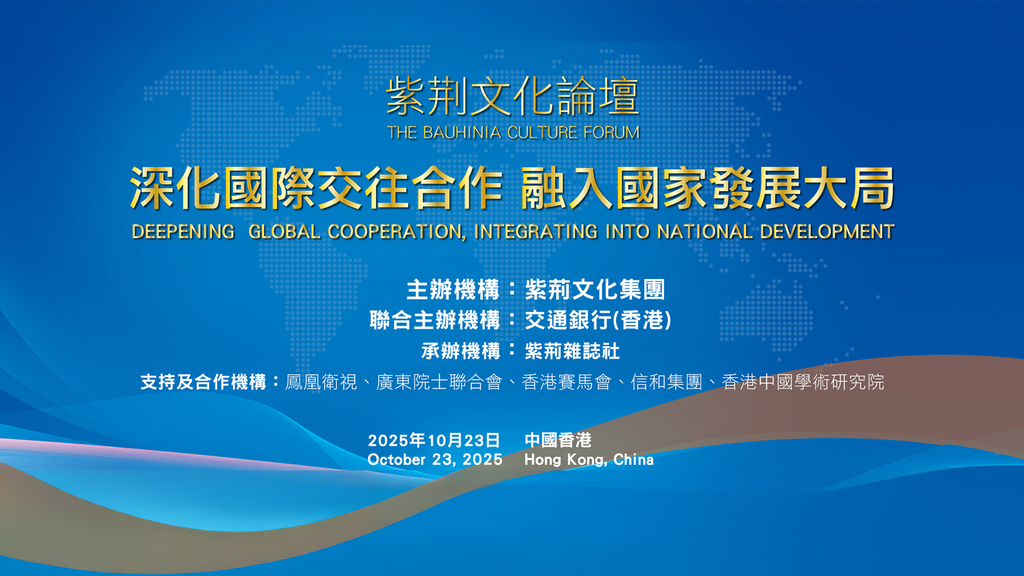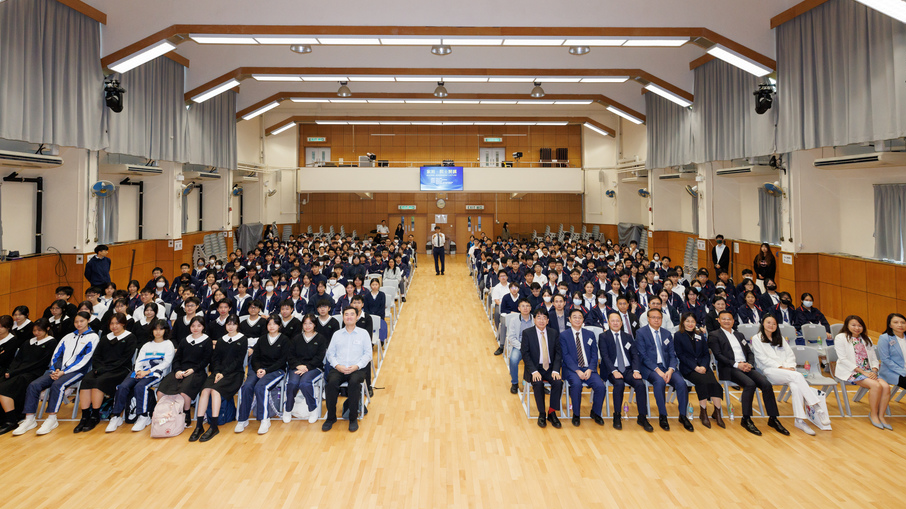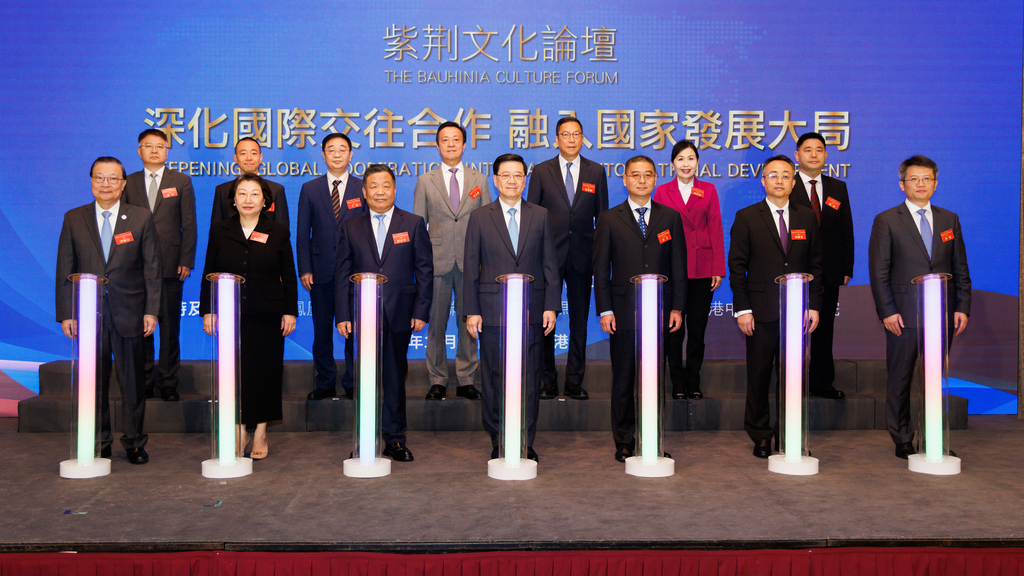文|江乐士
5月30日,行政长官李家超在国际调解院成立仪式开幕式上致辞。这场历史性盛会吸引了外交部长王毅及80余国代表、约20个国际组织(包括联合国)参与。李家超称这是香港的“莫大荣誉”,强调这座城市“筑桥而非筑墙”的特质。
此言非虚。香港健全的法律体系使其成为替代性争议解决的理想平台。李家超阐释国际调解院将“为不同文化、语言和法律体系的国家提供基于相互尊重的国际争端解决途径”,这一愿景令人瞩目。
凭借区位优势、法治根基与国际视野,香港已发展成为仲裁调解服务重镇,尤其在商业纠纷解决领域表现突出。1997年以来,特区政府积极推动替代性争议解决机制(ADR)成效显著。国家“十四五”规划明确支持香港建设亚太区国际法律及争议解决服务中心,这一战略已见成效。
在中国等主张共商共建原则的国家完成《建立国际调解院公约》谈判后,各方商定于5月30日在香港举行签署仪式(后续将进入成员国批准程序),并确定国际调解院总部永久落户香港。这座前湾仔警署历史建筑内的现代化办公区即将竣工,届时该机构将成为享有外交特权的独立国际组织——全球首个专门通过调解解决国际争端的政府间法律组织,其意义无论怎样强调都不为过。
这也是首个总部落户香港的国际组织,使香港与海牙国际法院、常设仲裁法院等机构比肩。尽管中央政府对香港始终寄予厚望并不离不弃,如今这份信任终得回报令人欣慰。仲裁与调解犹如一枚硬币的两面。虽同为成本高昂民事诉讼的替代方案,但存在显著差异:仲裁需双方在缔约时约定由独立仲裁员裁决争议,其决定具终局约束力;调解则更为灵活,调解员通过促成对话推动双方达成协议但不直接裁决。在这两个领域,香港都是公认的领军者。根据2025年伦敦玛丽女王大学国际仲裁调查,香港与新加坡并列亚太区首位,全球仅次於伦敦位列第二。这些成就充分彰显香港在复杂国际环境中的韧性。
尽管仲裁历史更悠久,但调解正日益凸显价值。香港国际仲裁中心指出,调解已成为“解决复杂争议的卓越管理工具”。事实上,《联合国宪章》明确规定可能危及国际和平的争端应优先通过谈判、调解等和平方式解决。前秘书长潘基文也曾强调调解是预防、管理和解决冲突的最有效手段之一。这意味着香港的调解实践正与全球愿景同频共振,站在了历史正确的一边。
调解术可应用于国家间争端、国民涉外纠纷及企业商业争议等多场景。在香港设立提供顶级调解服务的专业机构,必将惠及各方,尤其有利于中国与全球投资伙伴(包括那些希望在内地开展业务的企业)。
国际调解院的成立对香港意义非凡。它向世界宣告:这座城市已成功摆脱2019-2020年企图破坏“一国两制”的行径带来的阴霾,不仅重返国际舞臺,更在持续增强影响力。
(作者系香港前刑事检控专员,资深大律师、法学教授)
GRENVILLE CROSS:Hong Kong proves mediation credentials
On May 30, the Chief Executive, John Lee Ka-chiu, addressed the opening ceremony of the Establishment of the International Organization for Mediation (IOMed). It was an historic occasion, attended by Foreign Minister Wang Yi and the representatives of over 60 countries and about 20 international bodies (including the UN), and Lee called it a “great honour” for the city, which was a place that “builds bridges, not walls”.
This was no exaggeration, and Hong Kong’s renowned legal system makes it an ideal venue for alternative dispute resolution. Lee also explained how the IOMed would “provide a pathway for countries, regardless of culture, language and legal system, to resolve international disputes based on mutual respect and understanding,” which was visionary.
By making the most of its geographical location, rule of law foundations and cosmopolitan mindset, Hong Kong has flourished as a global centre for arbitration and mediation services, notably in the settling of commercial disputes. Since 1997, the Hong Kong SAR Government has actively promoted alternative dispute resolution (ADR), with considerable success. The National 14th Five-Year Plan also supported Hong Kong’s development as a center for international legal and dispute resolution services in the Asia-Pacific Region, and this has borne fruit.
Once China and other countries that believe in the principles of discussion and co-development successfully concluded their negotiations on the Convention on the Establishment of The International Organization for Mediation, it was agreed that the signing ceremony would be held in Hong Kong on May 30 (followed by the ratification processes of the participating countries).
It was also agreed that the IOMed’s headquarters would be established in Hong Kong. This was a huge feather in the city’s cap, and state-of-the-art premises are nearing completion in the historic former Wanchai police station. Once operational, the IOMed will be an independent international organization enjoying diplomatic privileges, the significance of which cannot be overestimated. It will be the world’s first global intergovernmental legal organization dedicated to resolving international disputes through mediation.
It is also the first time an international body has been headquartered in Hong Kong. This places the city in the same bracket as the International Court of Justice and the Permanent Court of Arbitration of the United Nations in The Hague. Although Beijing always had high hopes of Hong Kong, and stuck with it in good times and bad, it is heartening that its faith in the city is now being rewarded.
Arbitration and mediation are inter-connected, and have been called two sides of the same coin. While they are both alternatives to civil litigation, which can be exorbitantly expensive, there are nonetheless clear differences.
If arbitration is selected, the parties, when they enter into a contract, agree to letting an independent arbitrator adjudicate in the event of dispute. The arbitrator will normally be an expert in the particular area, and his or decision is, like a court judgment, final and binding on the parties.
However, mediation is less formal, and the process is entirely consensual. The mediator identifies the issues, considers possible solutions, promotes contacts between the two sides, and seeks to promote an agreement. Unlike an arbitrator, a mediator does not take a final decision, but facilitates an outcome agreeable to both parties.
Whether in regard to arbitration or mediation, Hong Kong is now an acknowledged trailblazer. According to the 2025 Queen Mary University of London International Arbitration Survey, Hong Kong is ranked first with Singapore in the Asia-Pacific Region, and joint second, after London, as the most preferred seat of arbitration worldwide. By any yardstick, these are formidable achievements, and they speak volumes to Hong Kong’s resilience in an increasingly complex global environment.
Although arbitration has been around for longer, it is now being nicely complemented by mediation, which has fully come into its own. The Hong Kong International Arbitration Centre (HKIAC) says mediation “has proven an outstandingly successful management tool for resolving difficult disputes.” In consequence, its profile is rising inexorably, and Hong Kong has more than stepped up to the plate.
Indeed, the United Nations Charter stipulates that any dispute likely to endanger the maintenance of international peace and security should first be addressed through negotiation, mediation, or other peaceful means. In 2012, moreover, the then UN secretary general, Ban Ki Moon, explained that mediation was one of the most effective ways to prevent, manage and resolve conflicts. What this means, therefore, is that Hong Kong’s mediation efforts have aligned it with global aspirations, and placed it on the right side of history.
Mediation is a practical example of how disagreements can be amicably resolved in various situations. It may, for example, be invoked to resolve disputes between states, or disagreements between a state and foreign nationals, or, more conventionally, commercial disputes between companies. The establishment of a dedicated facility offering mediation services of the highest quality in Hong Kong will undoubtedly be beneficial for various sectors and parties. It will also be of particular value to China and its investment partners worldwide, including anybody wanting to do business in the Chinese mainland.
The establishment of the IOMed is no mean feat for Hong Kong and its people. It tells the world the city has bounced back successfully from the attempts to destroy its “one country, two systems” policy in 2019-20. It is also a vivid indicator that Hong Kong is not only back in business, but is also going from strength to strength.
Grenville Cross is a senior counsel and law professor, and was previously the director of public prosecutions of the Hong Kong SAR







 今日热搜
今日热搜

 本周热搜
本周热搜

 本月热搜
本月热搜










 查看更多
查看更多















